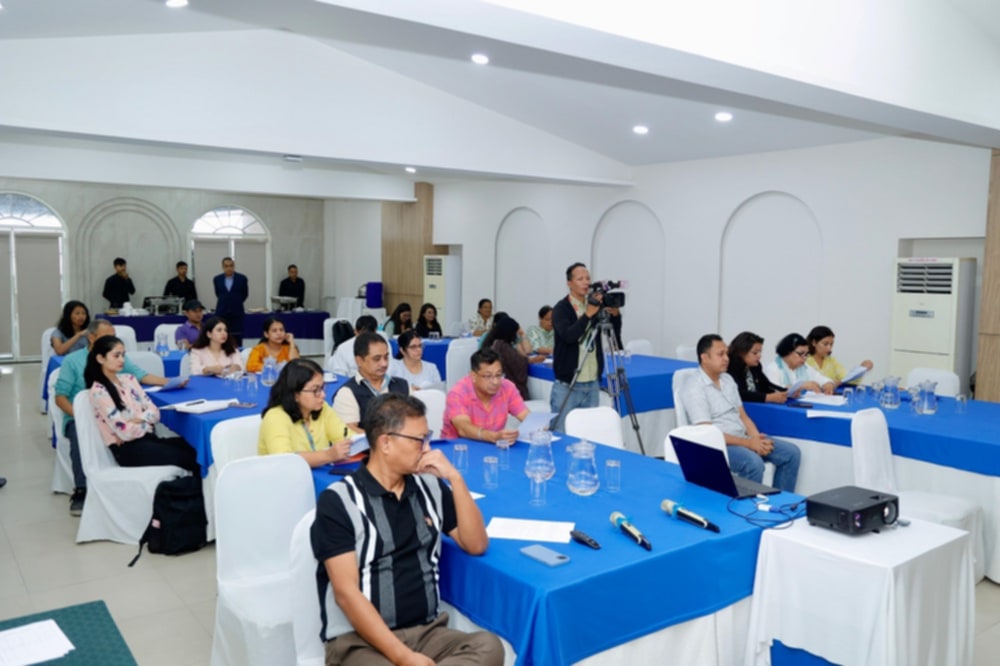

KATHMANDU: Legal experts, civil society members, and health professionals have stressed the urgent need for a specific law to govern assisted reproductive technologies (ART) in Nepal. The call was made during a discussion organized on Monday by the Forum for Women, Law, and Development (FWLD) on a draft model law aimed at regulating ART services in the country.
The proposed law seeks to ensure the rights, dignity, protection, and access of individuals or couples facing infertility through scientifically sound and ethical ART procedures. Participants agreed that a dedicated legal framework is essential to regulate service quality, accessibility, privacy, and accountability in this growing sector.
Sita Ghimire, a legal officer at the Department of Health Services, noted the lack of government initiative on ART-related legislation. “It’s commendable that civil society, through FWLD, has taken the lead in drafting this model law. Even if it’s not complete, beginning the conversation is a significant step,” she said. Ghimire emphasized that despite the inclusion of reproductive health rights in existing laws, a separate ART-specific law is long overdue.
FWLD Executive Director Advocate Sabin Shrestha outlined the concept behind the draft, citing that six new couples seek fertility services every week. He pointed out that the existing Safe Motherhood and Reproductive Health Rights Act of 2018 (2075 BS) only addresses four aspects of safe motherhood and does not adequately cover ART.
Shrestha also referenced the government’s 2023/24 policy and program (2080 BS), which pledged free and safe infertility treatment across all provinces but still lacks a comprehensive legal framework for artificial reproduction.
Advocate Dipesh Shrestha presented the structure of the draft law, which comprises six chapters. These include provisions on the law’s title and commencement, rights to ART services, regulation of service providers, gamete donation, offenses and penalties, and other miscellaneous matters.
Currently, 42 clinics in Nepal provide ART services, with 25 of them based in the Kathmandu Valley. Costs range from NPR 300,000 to 600,000, with success rates between 35% and 55%. The absence of a unified law regulating both service providers and recipients has led FWLD to develop the draft model law, addressing issues such as ethics, donor and child rights, exploitation risks, and broader human rights concerns.
Legal and health experts including Dev Mahat, Dr. Bishnu Basyal of Nepal Law Campus, FWLD General Secretary Advocate Laxmi Pokhrel, Kamala Panthi from Sancharika Samuha, Prabhakar Shrestha of the Family Planning Association of Nepal, and Bijita Dahal from the National Human Rights Commission provided feedback for improvement.